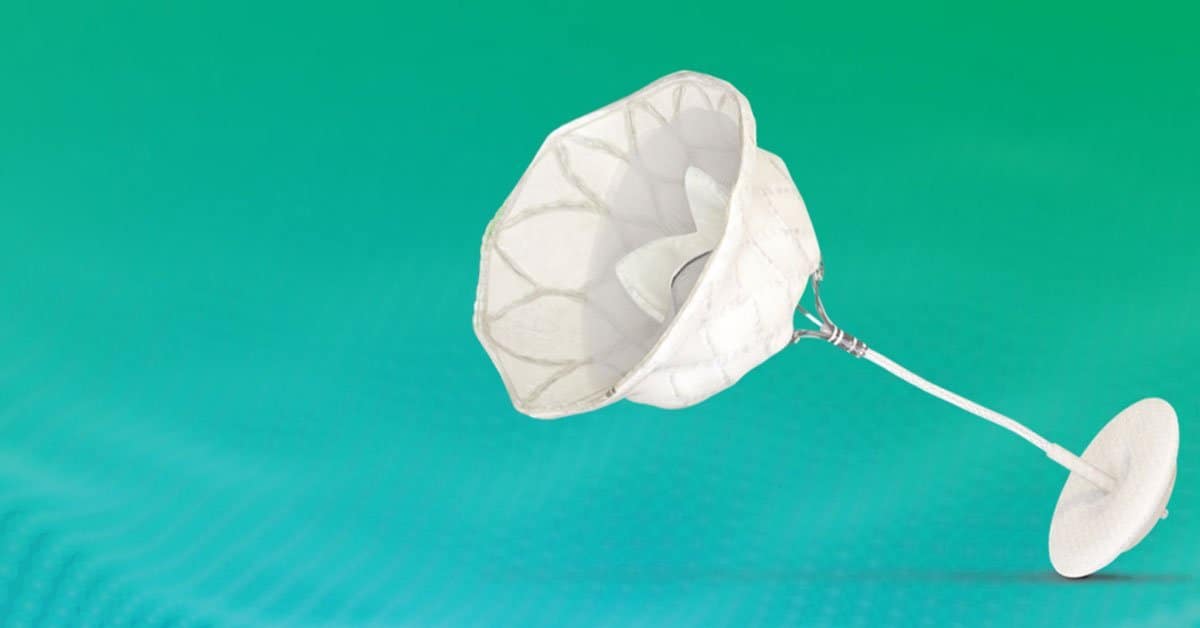Alylam’s vutrisiran dominated early ESC 2024 headlines and conversations, after full results from the Phase 3 HELIOS-B trial highlighted its significant impact on transthyretin amyloidosis with cardiomyopathy (ATTR-CM).
- ATTR-CM is a rare, progressive heart disease caused by the buildup of amyloid protein in the heart, and is currently only treated with Pfizer’s ATTR-CM “stabilizer” tafamidis.
- Analym’s vutrisiran (aka Amvuttra) “silences” the TTR gene via RNA interference, limiting amyloid buildup and slowing disease progression.
- Vutrisiran already has FDA approval for hATTR-PN amyloidosis, and is looking to become the first ATTR-CM silencer.
The HELIOS-B study gave 655 ATTR-CM patients either vutrisiran or a placebo for 36 months, finding that the vutrisiran group achieved significant reductions in the primary endpoint by 42 month follow-up (a composite of all-cause mortality and CV events).
- Those improvements spanned both the overall patient population (-28%) and monotherapy patients who weren’t taking Pfizer’s tafamidis (-33%).
Vutrisiran also nailed all secondary endpoints, including…
- All cause mortality at 42 months (-35%)
- 6-minute walk test declines at 30 months (-7.5 vs. -31 meters)
- KCCQ-OS score declines at 30 months (-1.30 vs. -6.25 points)
Meanwhile, adverse events were similar across the vutrisiran and placebo groups, both overall (99% vs. 98%) and for serious adverse events (62% vs. 67%).
These results suggest that vutrisiran could be headed towards FDA approval for ATTR-CM, joining Pfizer’s tafamidis (Vyndaqel and Vyndamax) and potentially BridgeBio’s investigational ATTR-CM stabilizer acoramidis.
The mortality and CV event reductions in the vutrisiran plus tafamidis group also raises questions about combining an ATTR-CM silencer with a stabilizer, or regarding which ATTR-CM drug is more effective.
- This trial wasn’t powered to prove vutrisiran’s impact as an add-on to tafamidis (another forthcoming Phase 3 trial will evaluate that), although these results are promising.
- When HELIOS-B’s monotherapy results are compared to the major tafamidis and acoramidis trials, vutrisiran shows some mortality and CV event advantages (but we all know we can’t compare separate trials).
Either way, trust in vutrisiran’s monotherapy and add-on effectiveness (and economics) will be keys to adoption if it is approved.
The Takeaway
Although there’s still unanswered questions about vutrisiran’s monotherapy advantages versus tafamidis or potential as an add-on, it appears to be on the way to becoming the first ATTR-CM silencer. That’s good news for ATTR-CM patients, who’ve had limited options before now, and could be part of a new wave of treatments and awareness.






